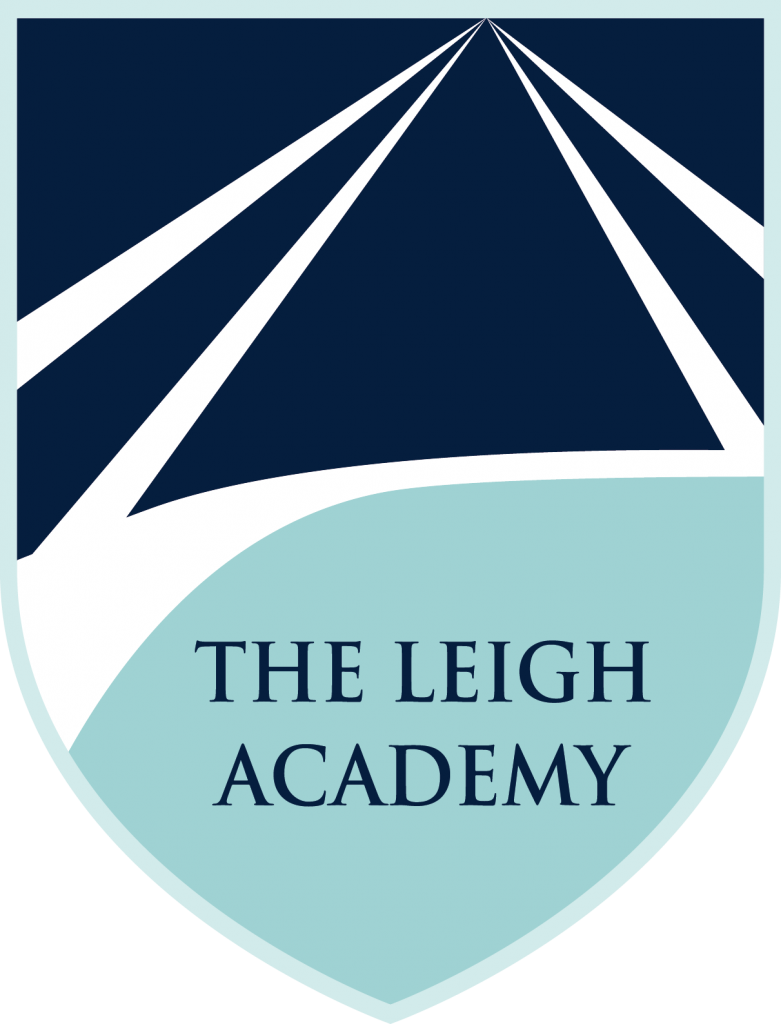The AS specification builds on the knowledge, understanding and skills gained at GCSE. It constitutes an integrated study with a focus on language, culture and society. It fosters a range of transferable skills, including communication, critical thinking and creativity, which are valuable to the individual and to society. The content has been designed to be of relevance to students of all disciplines, whether they want to progress to A-level or not.
Students will develop their understanding of themes relating to the society and culture of the countries where French is spoken, and their language skills; they will do this by using authentic spoken and written sources in French.
The approach is a focus on how French-speaking society has been shaped, socially and culturally, and how it continues to change. Students study aspects of the social context together with aspects of the artistic life of French-speaking countries.
Students following this specification will develop their language knowledge, understanding and skills through:
- Using language spontaneously to initiate communication; ask and answer questions; express thoughts and feelings; present viewpoints; develop arguments; persuade; and analyse and evaluate in speech and writing, including interaction with speakers of French
- Applying knowledge of pronunciation, morphology and syntax, vocabulary and idiom to communicate accurately and coherently, using a range of expression – including the list of grammar in this specification
- Using language-learning skills and strategies, including communication strategies such as adjusting the message, circumlocution, self-correction and repair strategies
- Listening and responding to spoken passages including some extended passages from a range of different contexts and sources, adapted as necessary, covering different registers and types, including authentic communication involving one or more speakers
- Reading and responding to a variety of texts including some extended texts written for different purposes and audiences drawn from a range of authentic sources, including contemporary, historical and literary, fiction and non-fiction texts, adapted as necessary
- Understanding the main points, gist and detail from spoken and written material
- Inferring meaning from complex spoken and written material, including factual and abstract content
- Assimilating and using information from spoken and written sources, including material from online media
- Summarising information from spoken and written sources, reporting key points and subject matter in speech and writing
- Translating an unseen passage from French into English
- Translating unseen sentences from English into French.
Students must also study one book or film from the lists in this specification. They must know, understand and be able to respond critically in writing in French to the work they have studied. Their knowledge and understanding must include a critical response to aspects such as the structure of the plot, characterisation, and the use of imagery or other stylistic features as appropriate to the work studied.


